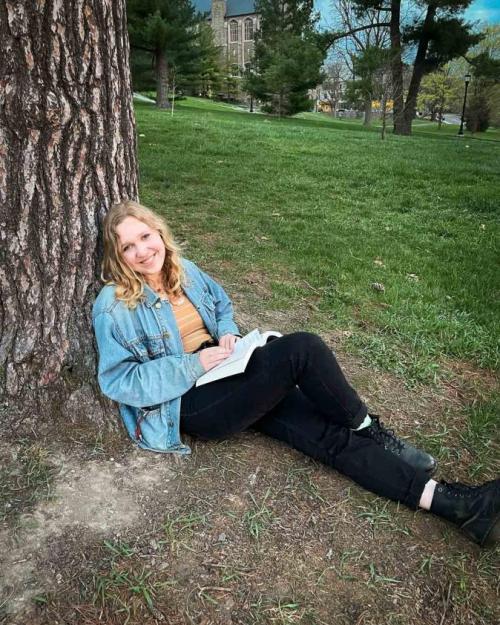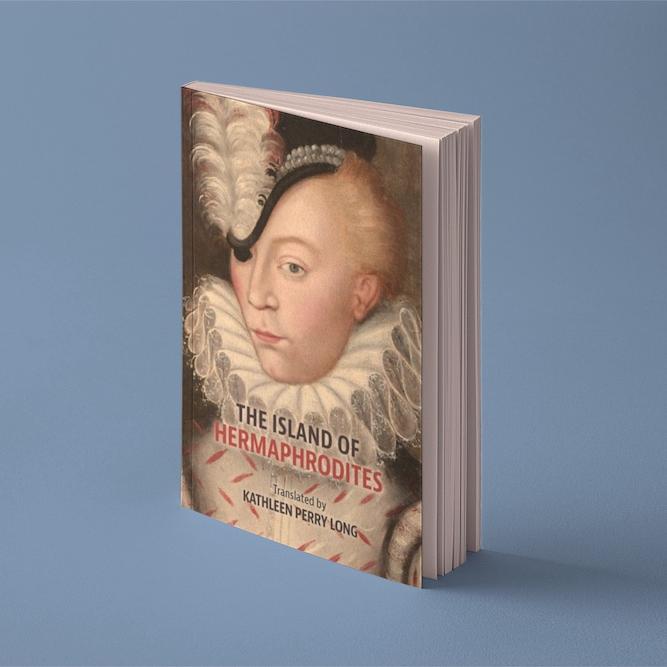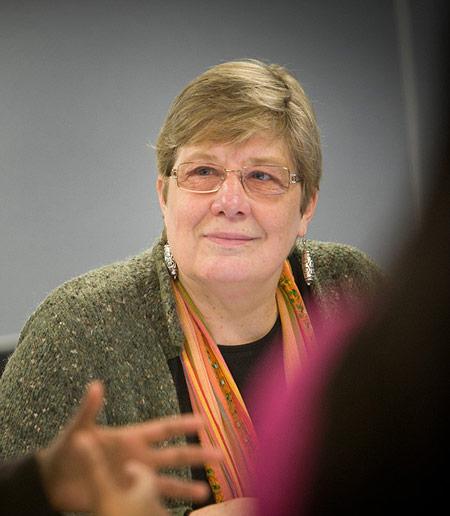
 Department Homepage
The College of Arts & Sciences
Department Homepage
The College of Arts & Sciences
'I felt as though I had found a poetic community'
Sarah Sachar is a College Scholar, comparative literature & Spanish major.



